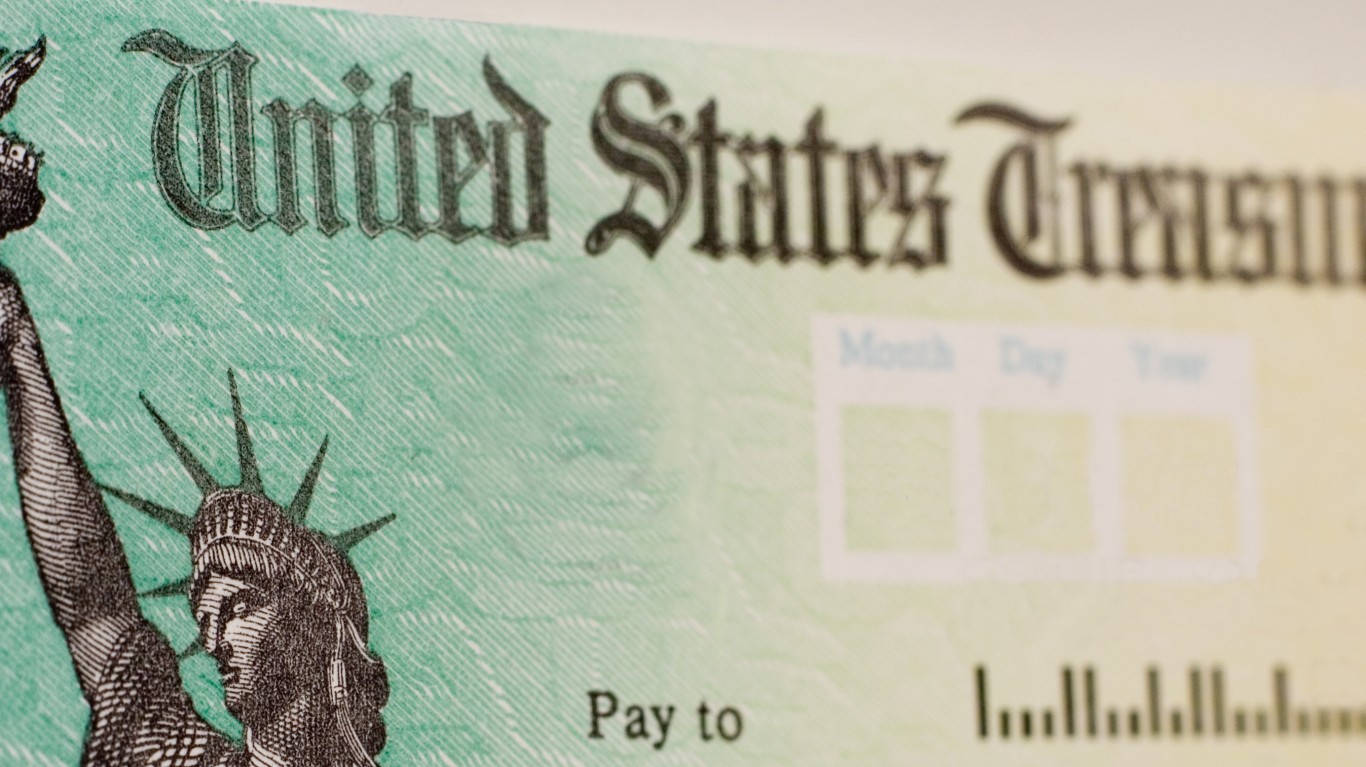
Tradeteq, a UK-based private debt and real-world asset marketplace, recently launched tokenized US Treasury offerings on the XDC Network. The recent move showcased the growing trend of tokenization, which has found increasing popularity as a new way to represent the ownership rights of real-world assets as digital tokens on a blockchain.
Tradeteq Offers Tokenized US Treasuries on Blockchain
Tradeteq has revealed US Treasury Yield (USTY) tokens, which represent blockchain-based versions of shares in a US Treasury bond exchange-traded fund (ETF). These tokens are now available for professional investors on Tradeteq’s Yieldteq platform.
The company has tapped Securitize, a renowned tokenization service provider, to handle buyer onboarding, share ownership tracking, and dividend payouts. Securitize, with approximately 3,000 clients and a combined 1.2 million investors, is regulated by the Securities and Exchange Commission and FINRA.
Tradeteq’s launch of new tokenized US Treasury offerings comes with increasing interest in tokenizing real-world assets (RWAs). Banks and financial institutions recognize the potential of creating blockchain-based tokens for traditional financial assets like government bonds and private equity.
In a recent report, Bank of America suggested that this trend could transform the financial infrastructure. Likewise, Bernstein has estimated that the size of the tokenization opportunity could be as much as $5 trillion over the next five years.
Tokenized Treasuries Find Increasing Adoption
Demand for tokenized Treasuries has sharply increased, reaching a staggering $624 million, according to data accumulated by rwa.xyz. The figure is up by more than 450% since the beginning of the year when the total value of tokenized Treasuries was just over $100 million.
It is worth noting that crypto firms and investment funds are showing interest in these products to benefit from higher government bond rates significantly, as the recent market downturn has negatively impacted yields in the crypto lending space. Currently, the average yield for all tokenized Treasuries stands at 5.25%.
Meanwhile, Tradeteq’s decision to launch on the XDC Network highlights the intense competition among blockchain networks aiming to establish themselves as the premier venue for tokenized assets. Stellar and Ethereum are currently leading the market for tokenized Treasuries, each with around $300 million in market cap.
However, other networks are also making significant progress in adopting RWAs. For instance, JPMorgan recently executed trades using tokenized versions of the Japanese yen and Singapore dollar on the Polygon network, while Securitize issued equity tokens for a real estate investment trust on the Avalanche blockchain.
Projects Experiment With Tokenized Assets
Real-world asset (RWA) tokenization is the process of representing physical and traditional financial assets as digital tokens on a blockchain. Tokenized assets can be bought, sold, and traded just like securities and offer a range of benefits.
Some advantages of tokenization include increased liquidity, faster settlement, lower costs, and bolstered risk management. In short, they lower entry barriers, offering a more comprehensive range of investors access to real-world assets more efficiently and securely.
Amid the growing adoption of crypto and blockchain technologies, there has also been a significant increase in the number of projects experimenting with tokenized assets. For instance, a group of 12 banks, including Bank of America and Citi, are exploring tokenizing liabilities with an eye toward gains in a near-instant settlement.
Furthermore, three global banks, including DBS Bank, JP Morgan, and SBI Digital Asset Holdings, conducted foreign exchange and government bond transactions against liquidity pools comprising tokenized Singapore Government Securities Bonds, Japanese Government Bonds, JPY, and SGD via Polygon, an Ethereum L2 network in November last year.
More recently, a team of ex-Gemini executives launched OpenEden, a crypto startup that enables tokenized US Treasury bills to be traded on-chain. The company aims to bridge traditional finance and cryptocurrencies by tokenizing conventional financial instruments and making them accessible on blockchain platforms.
As blockchain technology continues to evolve, the tokenization of traditional financial assets shows promising potential to reshape the financial landscape. With growing demand and increasing adoption, tokenized Treasury bills are poised to become a significant trend in the blockchain space.
This article originally appeared on The Tokenist
100 Million Americans Are Missing This Crucial Retirement Tool
The thought of burdening your family with a financial disaster is most Americans’ nightmare. However, recent studies show that over 100 million Americans still don’t have proper life insurance in the event they pass away.
Life insurance can bring peace of mind – ensuring your loved ones are safeguarded against unforeseen expenses and debts. With premiums often lower than expected and a variety of plans tailored to different life stages and health conditions, securing a policy is more accessible than ever.
A quick, no-obligation quote can provide valuable insight into what’s available and what might best suit your family’s needs. Life insurance is a simple step you can take today to help secure peace of mind for your loved ones tomorrow.
Click here to learn how to get a quote in just a few minutes.
Thank you for reading! Have some feedback for us?
Contact the 24/7 Wall St. editorial team.





